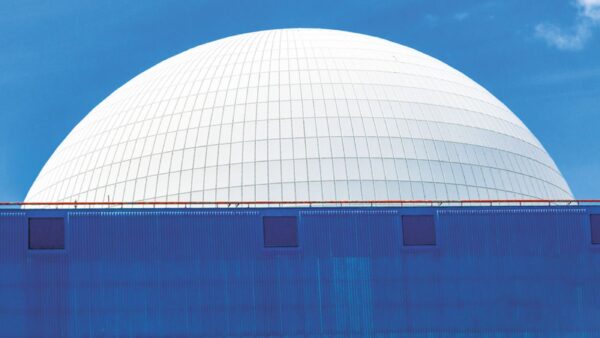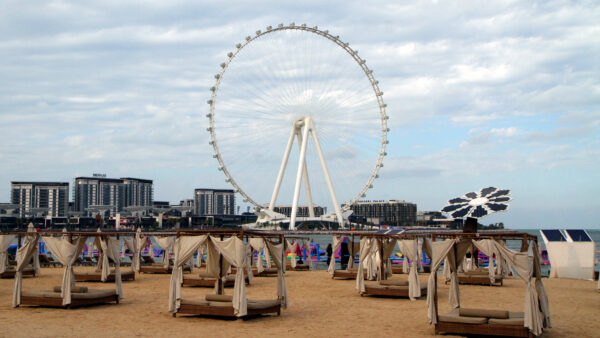
The European Semiconductor Manufacturing Company (ESMC) has broken ground on its €10bn chip fabrication plant in Dresden.
The plant will get €5bn in state aid from Germany and €3.5bn from Taiwan Semiconductor Manufacturing Company (TSMC), ESMC’s majority shareholder.
European companies have a strong presence in the design of chips and the machines used to make them, but the sector remains dominated by east Asian countries.
This has raised concerns that Europe could face a chip famine if supplies were to be disrupted.
ESMC is 70% owned by TSMC, which will also operate it. The remaining 30% is split equally between German firms Bosch and Infineon Technologies, and the Netherlands’ NXP Semiconductors.
CC Wei, TSMC’s chief executive, said the plant would “bring TSMC’s advanced manufacturing capabilities within reach of our European customers and partners. This will stimulate economic development within the region and drive technological advances across Europe”.
The chips made in Dresden will be between 28 and 16 nanometres, and will be used in, for example, cars and household appliances. These are referred to in the industry as “legacy chips”, in contrast to the cutting edge, which is concerned with 7 nanometres or less.
The plant is expected to be completed in 2027. When it reaches full operational capacity in 2029, it will have a monthly production capacity of 40,000 300mm wafers.
The European Commission approved Germany’s application to offer state aid to the project.
Margrethe Vestager, the competition commissioner, commented: “This €5bn German measure will strengthen semiconductor production capacity in Europe, helping us deliver our green and digital transition and creating opportunities for high-skilled employment.
“The measure’s open foundry model will ensure widespread access to power-efficient chips, including by smaller companies and start-ups, while limiting any potential distortion of competition.”
The Dresden plant is the fourth approval in recent years. In October 2022, the commission endorsed an Italian measure to aid STMicroelectronics in constructing and operating a silicon carbide plant in Catania, utilising 150mm technology.
In April 2023, a €2.9bn French aid measure was approved to support STMicroelectronics and GlobalFoundries in building a “fab” in France. And in May, the Commission approved another Italian measure to assist STMicroelectronics in establishing an integrated SiC manufacturing facility in Italy.
- Subscribe here to get stories about construction around the world in your inbox three times a week
Further reading:






